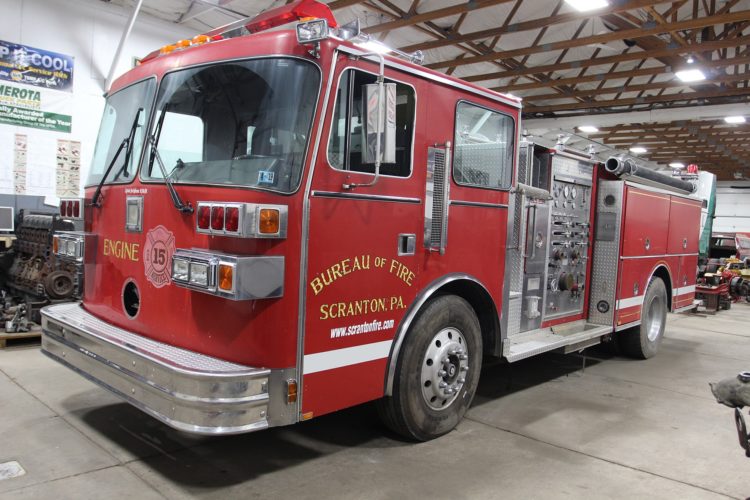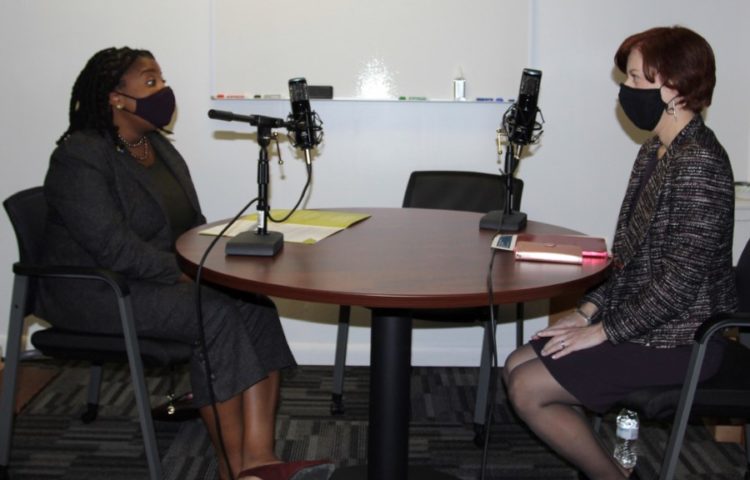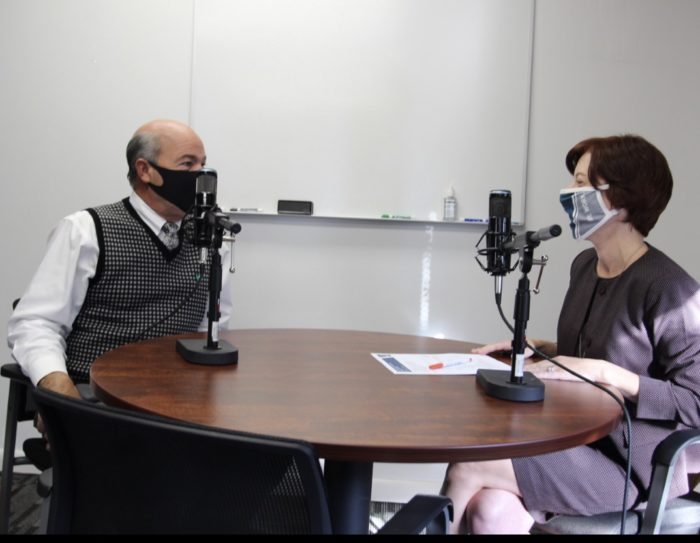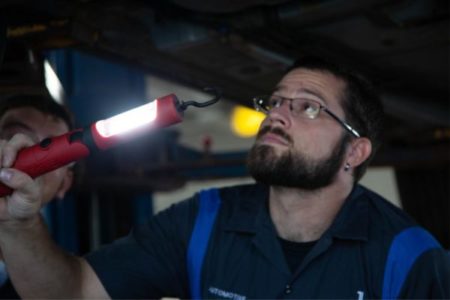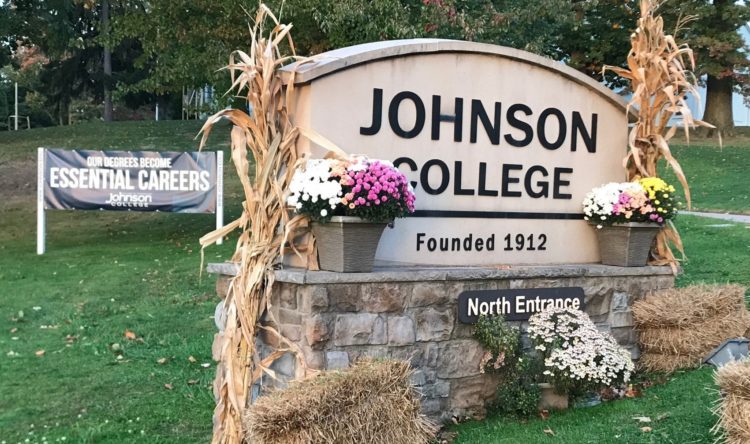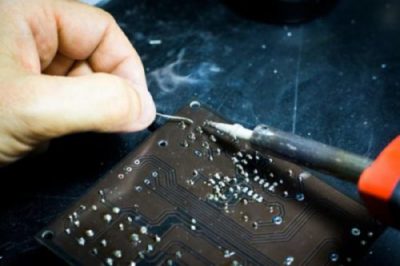The city of Scranton recently donated a Sutphen Fire Engine to Johnson College. This donation will assist the College in providing its students the hands-on training they need to enter the region’s essential workforce.
Johnson College’s Diesel Truck Technology, Automotive Technology, and Heavy Equipment Technology students will be trained on every system of the truck, from the front bumper to the rear bumper. Student training will include engine and driveline, electrical and lighting, and basic preventative maintenance. They will also be trained on systems that are unique to firefighting vehicles including the water pumping system, water storage system, and emergency vehicle lighting and warning systems.
The faculty, staff and, most of all, the students at Johnson College thank the City of Scranton for this donation.
More information on the City of Scranton can be found at https://www.scrantonpa.gov/.

